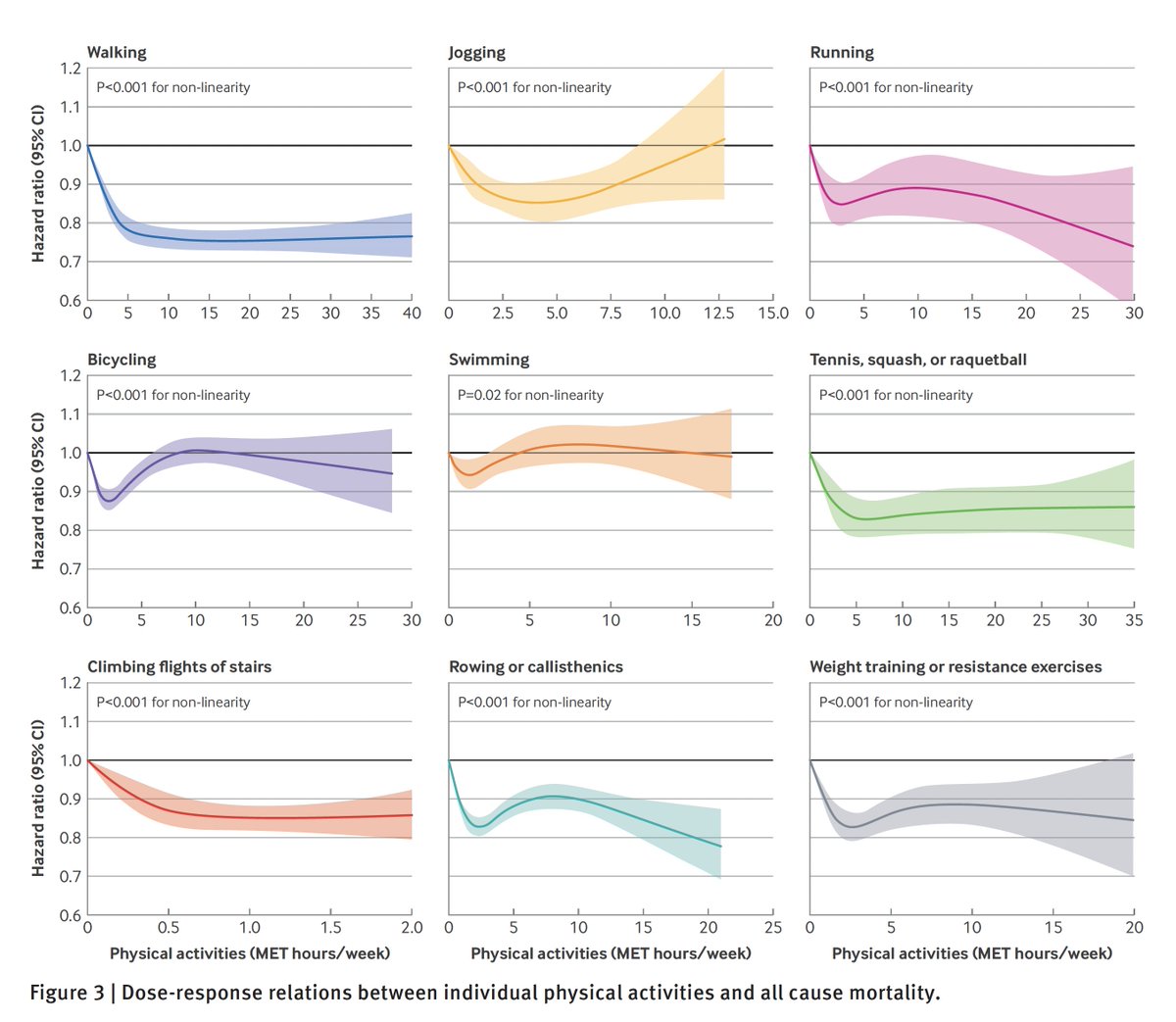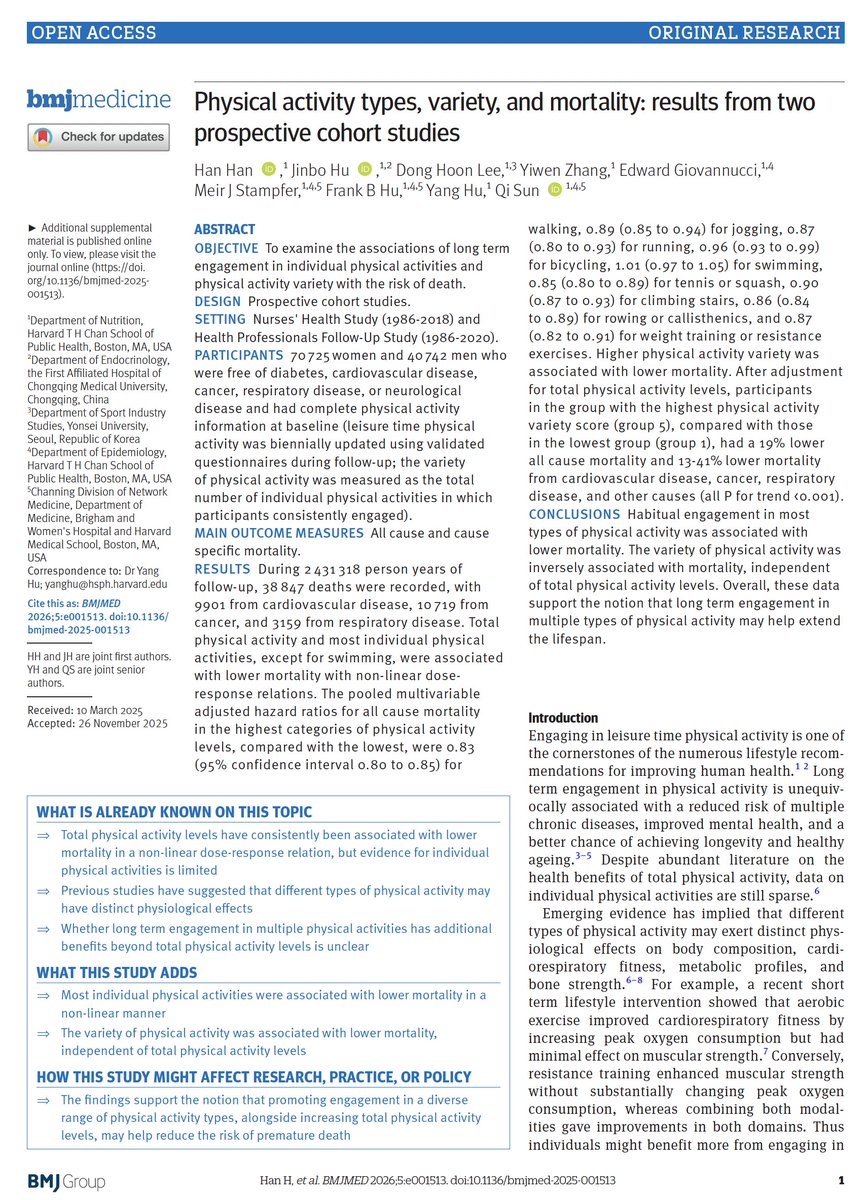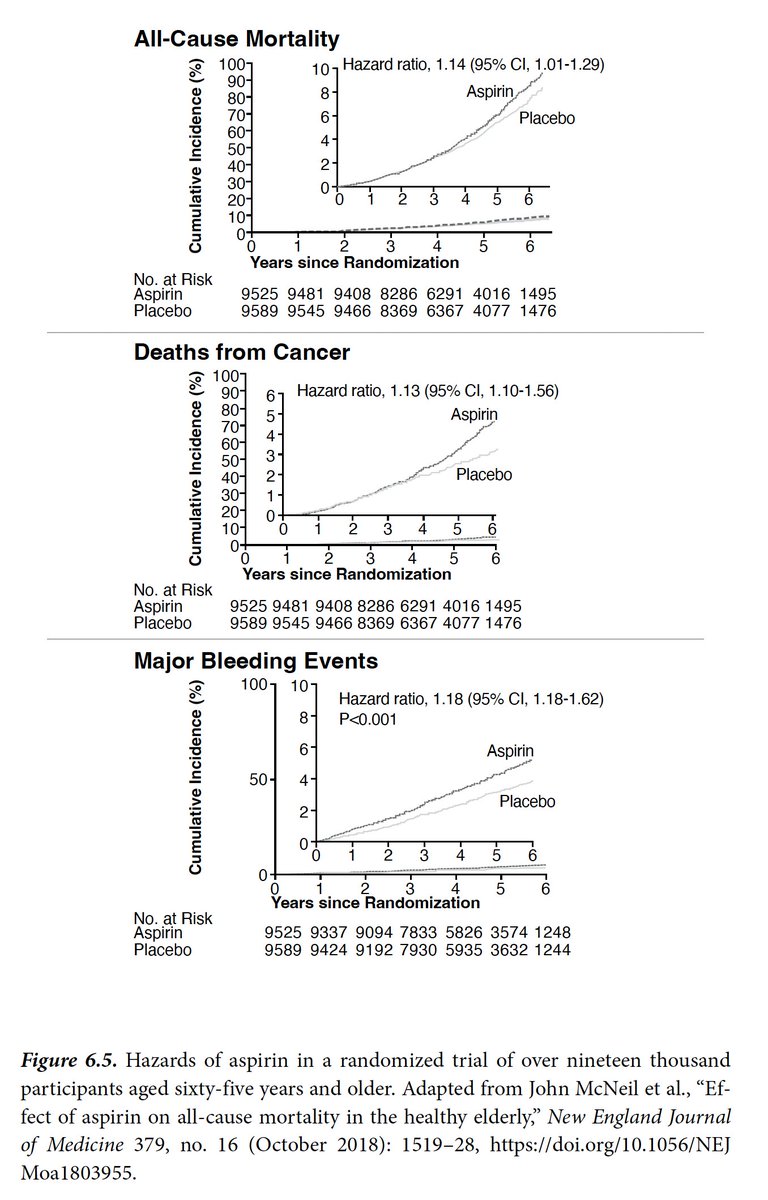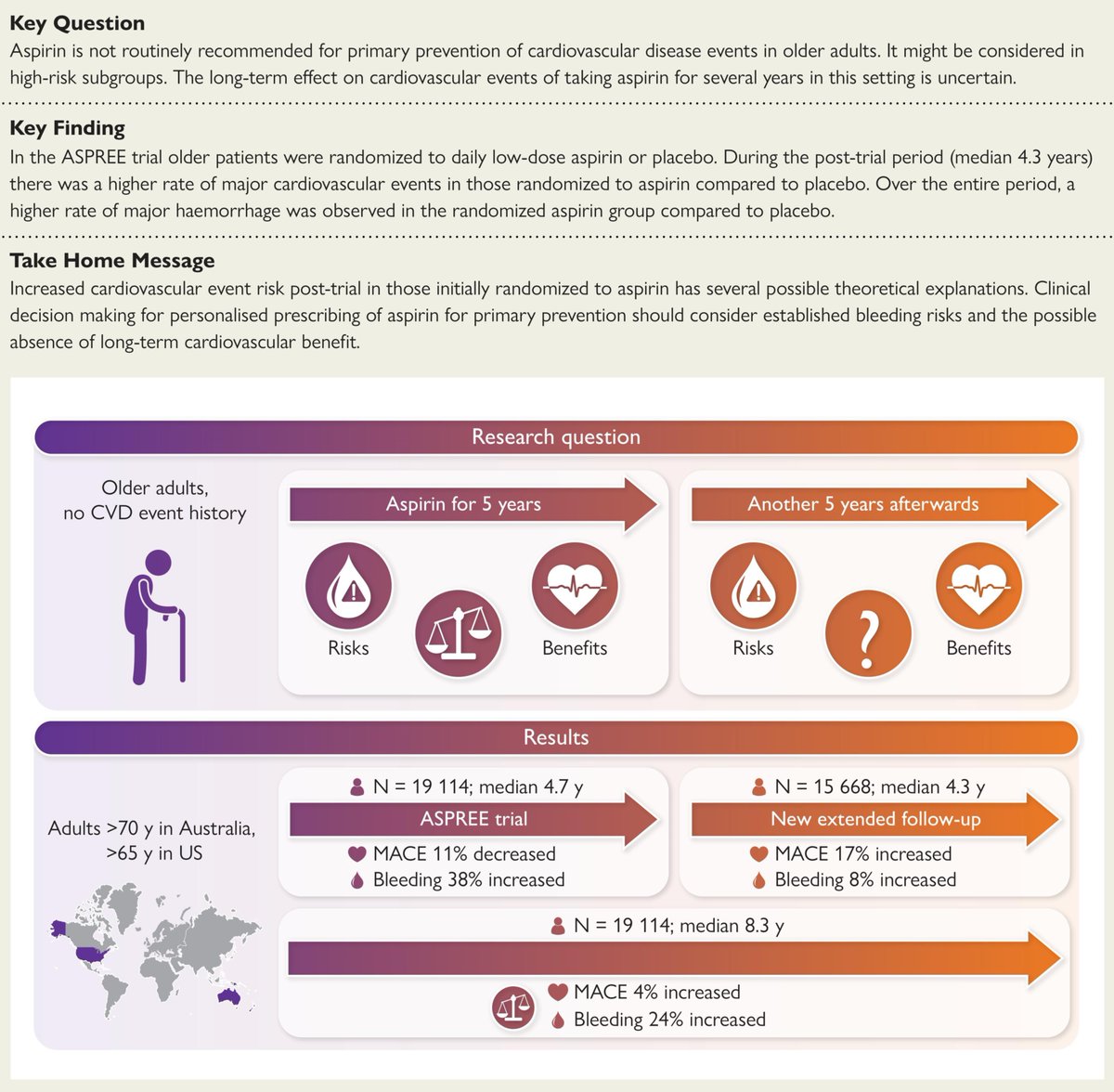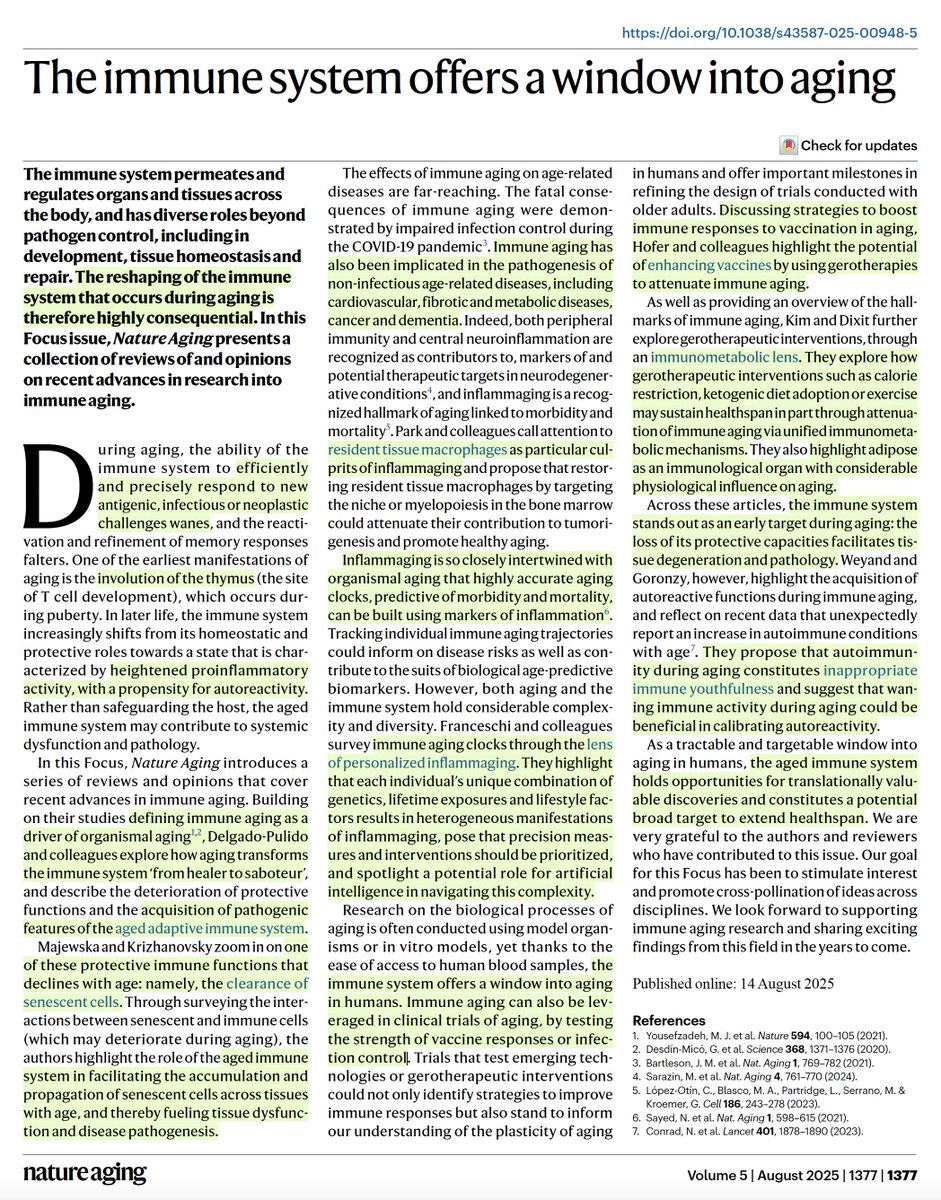The @nytimes published "What We Know So Far About
Waning Vaccine Effectiveness" today
It is misleading and missing key reports from New York State, Veterans Affairs, Puerto Rico, Israel, Qatar, the UK, and several others
nytimes.com/interactive/20…
Waning Vaccine Effectiveness" today
It is misleading and missing key reports from New York State, Veterans Affairs, Puerto Rico, Israel, Qatar, the UK, and several others
nytimes.com/interactive/20…
Exemplifies bad messaging, skewed, incomplete data.
No, it's not true that "vaccines still offer strong protection against severe Covid-19" which is why the majority of at-risk US people (such as age 60+, past 6 months from 💉💉) have not gotten boosters yet
No, it's not true that "vaccines still offer strong protection against severe Covid-19" which is why the majority of at-risk US people (such as age 60+, past 6 months from 💉💉) have not gotten boosters yet
For months the media & many experts insisted the vaccines were fully protective vs severe disease while the evidence was pointing against that assertion. Still today @nytimes! No wonder the public is confused and booster uptake is low. Only 32% in the highest risk age group, 65+
Incredible "What We Know So Far About Waning Vaccine Effectiveness" is front page @nytimes tomorrow, missing many reports (as noted in🧵) asserting the waning is only vs infection in some people, when it is across all age groups and for severe disease, the basis for boosters😲 

• • •
Missing some Tweet in this thread? You can try to
force a refresh


